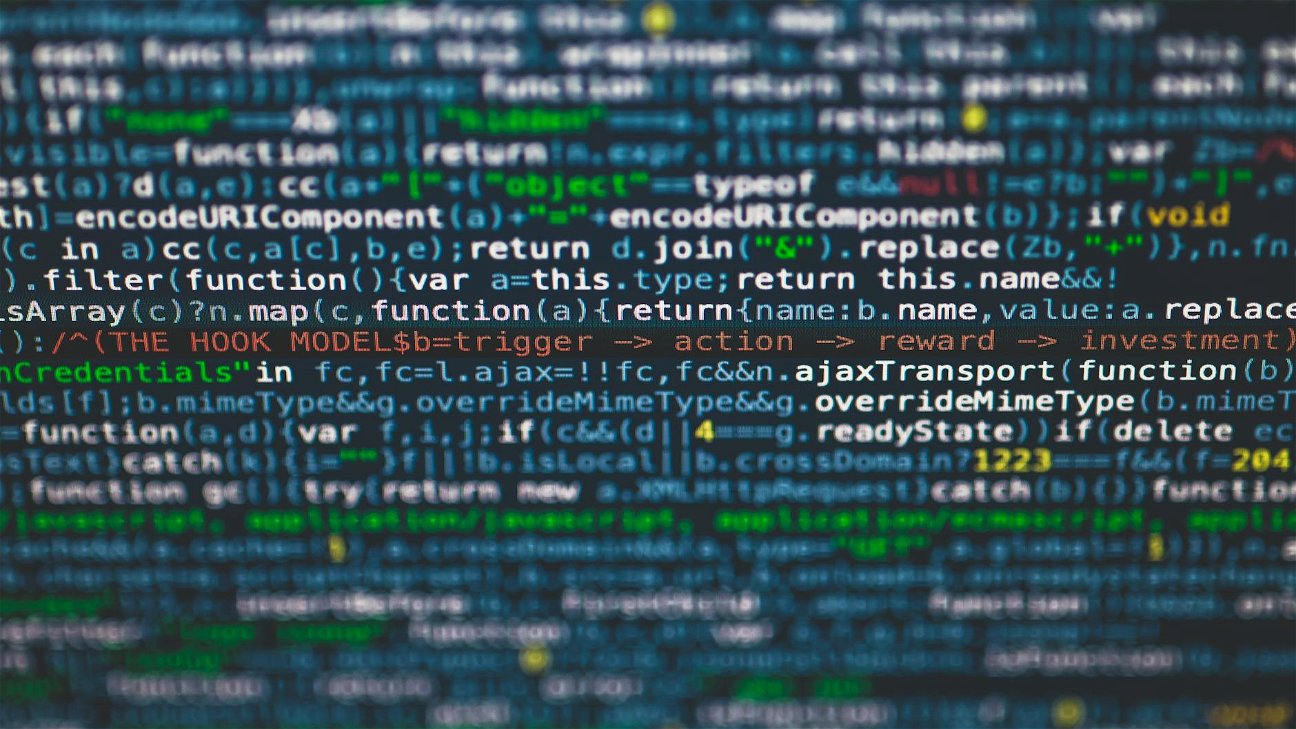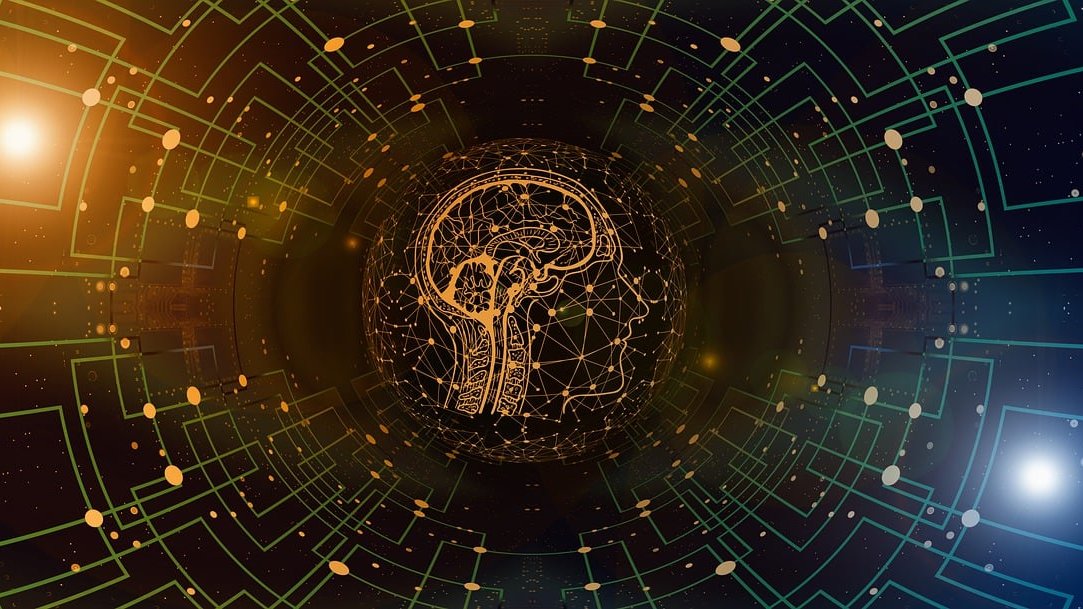
A recent study uncovers the extensive influence of artificial intelligence, not only on technical operations but also on various job roles and business strategies. As AI progresses, the need to adapt and leverage this technology intensifies at all levels within an organization, emphasizing the crucial role of continuous learning and adaptation.
Embracing AI: Augmentation, not replacement
The influence of artificial intelligence is not limited to specific job roles or levels within an organization. As AI progresses, every individual, from executives to production workers, will need to harness and leverage this technology in innovative ways. While it is commonly feared that AI might replace human jobs, a recent study found that 87% of executives expect AI to augment job roles instead of replacing them. Disciplines such as procurement, finance, and risk and compliance are likely to undergo the most changes. Interestingly, traditional STEM skills are losing their prominence as AI, automation, and software skills become increasingly accessible to non-technical users, emphasizing the importance of adaptability in the age of AI.
Artificial Intelligence and automation are becoming increasingly user-friendly, reducing the need for advanced technical skills. Platforms that enable no-code software development are emerging, empowering those without a programming background to create business-critical prototypes and applications. With AI taking over monotonous tasks, individuals can devote more time to problem-solving and collaborative work that require stronger interpersonal skills. This shift signifies a transformative period in the business realm, one that highlights the balance between technological proficiency and human skills.
Successfully harnessing AI requires a masterful application of the technology to business opportunities, emphasizing capabilities over specific roles. Given the rapid evolution of technology, an organization's ability to learn and adapt becomes crucial. As interest in generative AI continues to grow, we can anticipate the emergence of new job roles. These could range from data detectives or scientists probing large datasets, to prompt engineers instructing AI systems, and robotics engineers and machine managers overseeing and optimizing AI-powered systems. This dynamic nature of AI necessitates a versatile and prepared workforce.
Balancing tech and strategy: Inclusive AI
AI initiatives should be rooted in a profound understanding of business and strategy. Focusing solely on the technical aspects of AI can lead to employee alienation, potentially affecting their professional identity and their willingness to adopt AI. Interestingly, organizations where employees perceive personal value from AI are shown to reap greater financial benefits from AI. This illustrates the importance of fostering an inclusive, informed, and engaged workforce in the successful implementation of AI-driven strategies.
AI democratization: A call for C-suite involvement
While AI-driven automation has sparked concerns about job displacement, the role of humans in guiding and supervising generative AI remains indispensable. In the age of AI, the ability to learn and adapt quickly is crucial. As generative AI democratizes the consumption of AI, it's essential for the entire C-suite to get involved. AI is a pivotal, multifaceted technology that should be at the heart of an organization's strategy, underscoring the need for C-suite involvement and a culture of continuous learning and adaptation.










